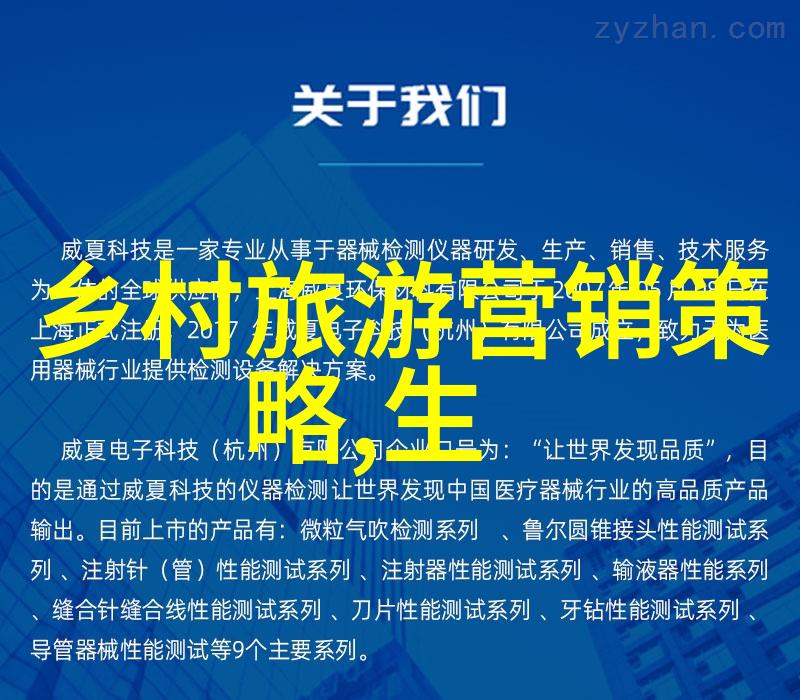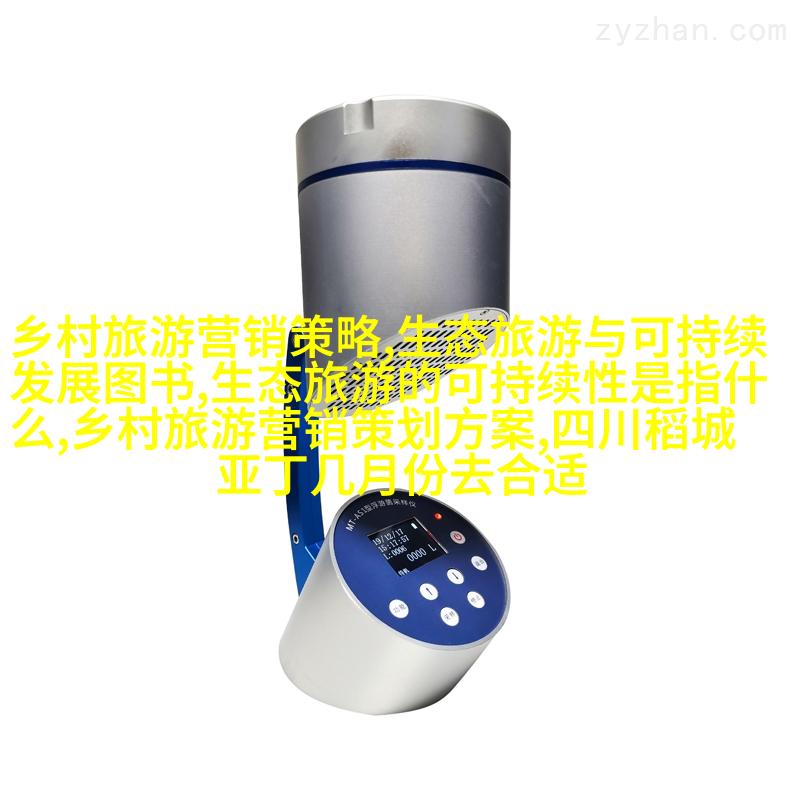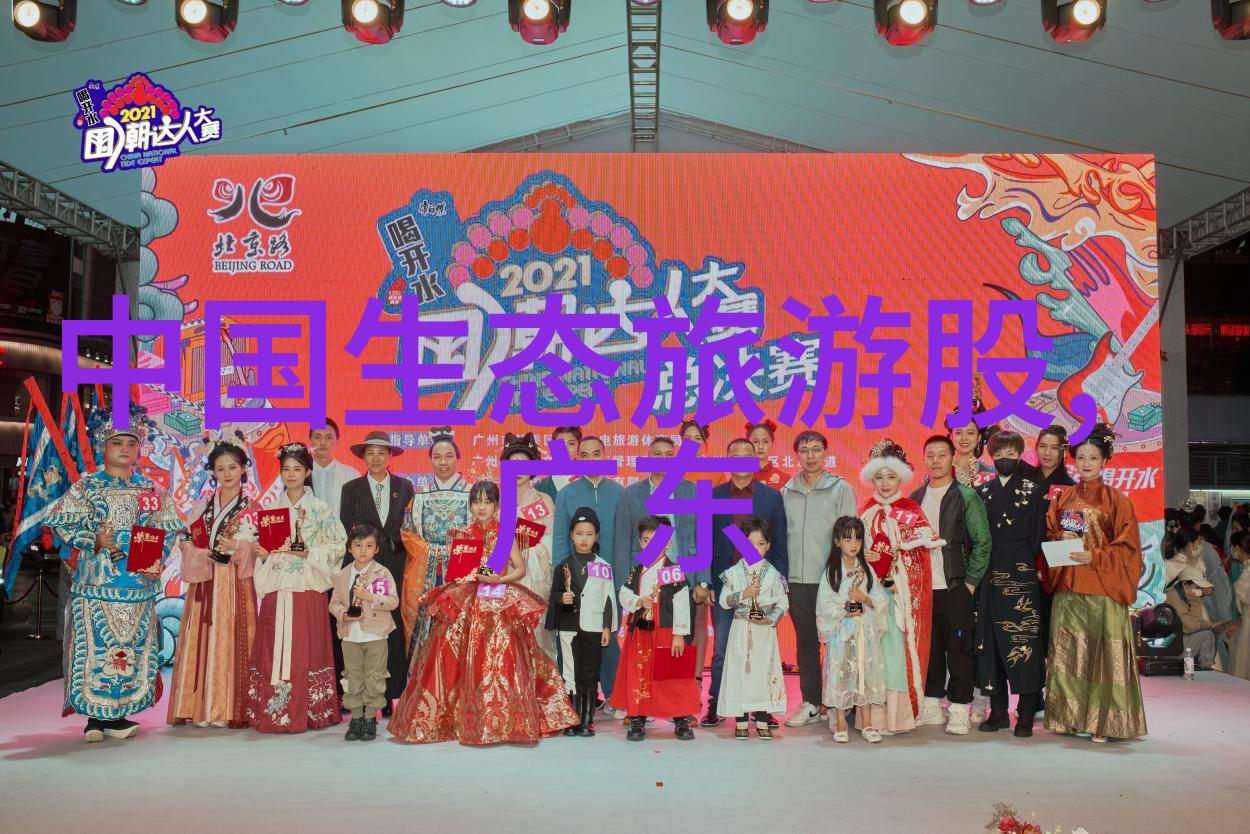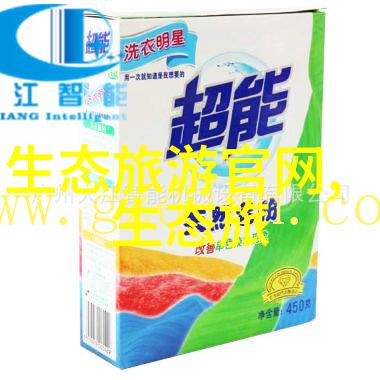在车上一次又一次挺入:城市交通的日常挤压体验

是谁在为你挤出一片天地?
每天早上, millions of people rush to catch their trains, buses or subways. They push and shove in the crowded public transportation system, desperate to find a spot for themselves. The scene is like a never-ending battle, with everyone trying to get on board before the doors close. It's not just about getting from point A to point B; it's about survival in this concrete jungle.

为什么我们如此依赖这辆被挤满的人力机器?
Public transportation is the lifeblood of many cities. Without it, daily commutes would be much longer and more expensive. The convenience it offers is undeniable - you can read a book, listen to music or even take a nap while someone else handles the driving. But there's another side of this coin: overcrowding.

当你被迫成为别人的肩膀时,你会做什么?
Overcrowding is an inevitable consequence of urbanization and population growth. Trains and buses are often packed beyond capacity during rush hour, leaving little room for personal space or comfort. Passengers must contend with body odor, sweaty armpits and sometimes even unwanted physical contact with strangers.

如何应对这个让人窒息的场景?
There are ways to make your daily commute less unbearable: consider taking alternative routes or modes of transport that might be less crowded; try standing near the door so you don't have far to go when exiting; keep your valuables secure as pickpocketing can occur in tight spaces; avoid traveling during peak hours if possible.

寻找解决方案,避免未来更加拥挤的现实。
The problem isn't going away anytime soon - city populations will continue to grow as more people move into urban areas seeking better opportunities. To mitigate this issue governments need invest in expanding public transportation infrastructure: building new lines, increasing frequency and capacity of existing ones etcetera.
将来,我们希望乘坐的是怎样的交通工具?
Imagine stepping onto an empty train car each morning without having fought through crowds first - that seems like paradise now! Technological advancements could play a role here too by making travel faster (e.g., high-speed trains) safer (e.g., advanced collision avoidance systems), cleaner (e.g., electric vehicles). Until then we'll keep pushing forward one step at time on our way home after work every day




